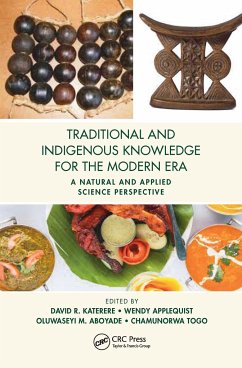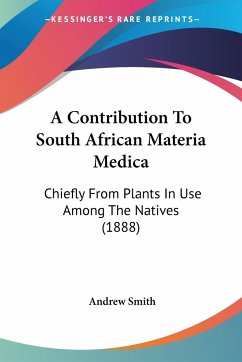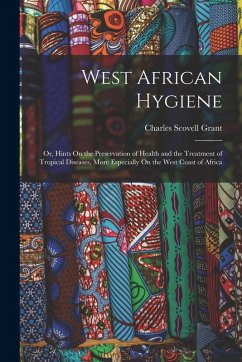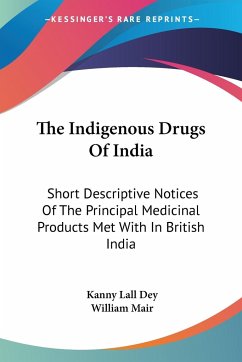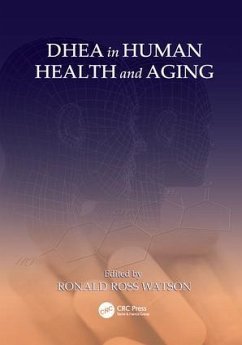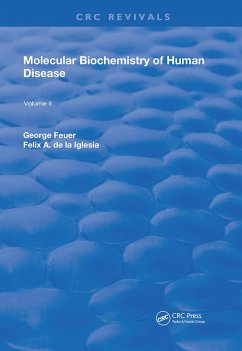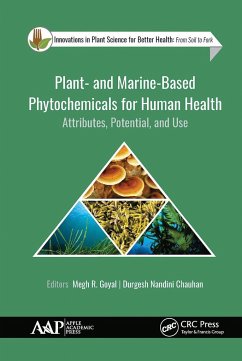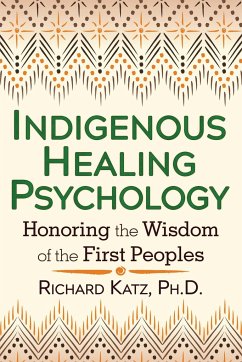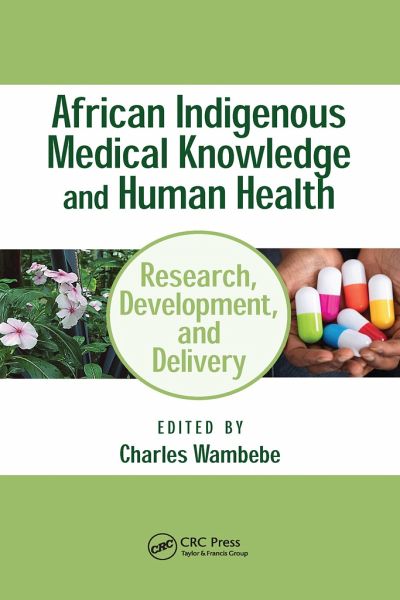
African Indigenous Medical Knowledge and Human Health
Versandkostenfrei!
Versandfertig in 1-2 Wochen
62,99 €
inkl. MwSt.
Weitere Ausgaben:

PAYBACK Punkte
31 °P sammeln!
African Indigenous Medical Knowledge and Human Health serves as a one-step reference for pharmacognosists, ethnobiologists, botanists, phytochemists, pharmacologists and medical scientists interested in the development of medical interventions based on the rich African biodiversity and AIMK.




